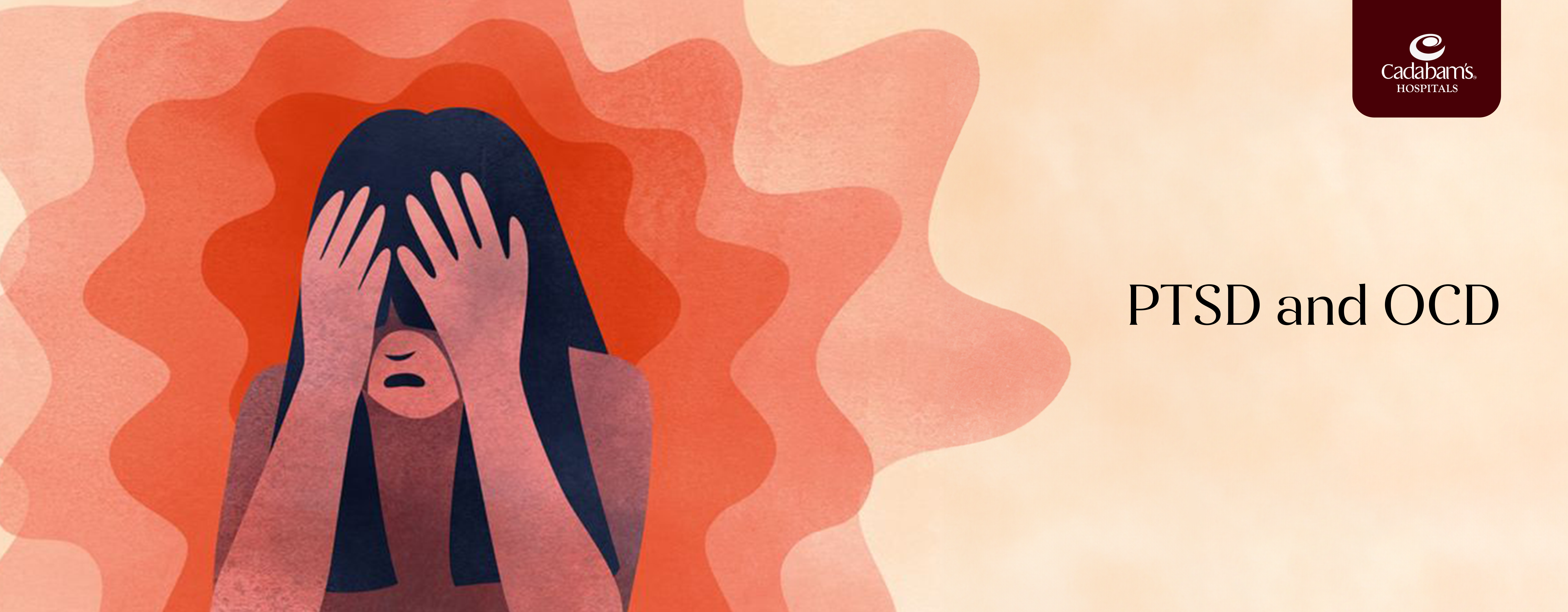Table of Content
This blog throws the light on how to care for someone with Alzheimer’s Disease. Alzheimer’s disease (AD) affects the person’s brain which brings changes in the person’s physical, mental and emotional health. As the symptoms get worse over time it becomes hard for the patient to carry out normal daily tasks such as cooking or bathing. Here someone is needed to care for them.
Taking care of someone with Alzheimer’s disease is not an easy task. As the symptoms progress they become more difficult to handle. Due to their memory loss, they may not remember people and places this makes situations harder for them. Here are a few ways that can help you take care of your loved one who has Alzheimer’s disease.
How To Care Someone With Alzheimer’s Disease:
- Educate yourself and other family members about the illness:
Learning about Alzheimer’s will give the caregiver information about how the progressive illness brings changes. Learning about them will make the caregiver aware of these changes and will help cope more easily with these changes. Also educating other family members about the illness would help them understand the patient’s condition and support them when needed.
- Home safety:
As the symptoms progress, the individual will lack the ability to do tasks around the house. In this case, the caregiver can take few measures to ensure the person’s safety:
- Lock all toxic substance or make sure they are out of reach. The substance such as alcohol, disinfectants, over the counter medication, cleaning products that have dangerous chemicals and sharp objects.
- Set smoke detectors around the house, in all rooms.
- Keep all emergency numbers and addresses besides the phone.
- Childproof unused electrical plugs.
- Simplify the house, arrange the furniture in such a way that they have space to move and keep necessary things in places that are easily accessible.
- Physical health:
The patient, as a result of the symptoms, may become unable to take care of their health. A caregiver should make sure that the patient, regularly, engages in some kind of physical exercise. This would make their muscles and joints stronger. If possible the caregiver can join the patient in these activities or add music to make it fun.
- Daily activities:
- For bathing, make sure everything the person needs in a bath is ready. Check the temperature of the water before letting them in. In moderate and severe cases do not leave them alone when in the tube. If they need help to clean, allow them to do some on their own, this would protect their dignity. Keep them distracted by talking so that they don’t feel helpless.
- For grooming, set out clothes according to their choice. Hand them each piece of clothing one by one with step by step instructions. Encourage them to groom like they used to before, get a stylist at home to make them feel good.
- For eating or cooking, remind them to have meals and check whether they had or not. If they are cooking, be around to somehow monitor it so that they don’t burn it.
- Handling finance:
With the reduction in abilities, the patient may not be able to handle finance matter. A caregiver can look into these matters for them. Since the patients are vulnerable there may be frauds who would try to trap the patient into the financial matter. A caregiver has to make sure that the patient is financially safe and away from these kinds of incidents.
- Engage in a routine:
Caregivers can set a timetable for the patient with the help of the doctor and make sure they follow it. This would keep the patient busy and will help prevent feelings of hopelessness and loneliness. Caregivers should also make sure they take their medications and therapies on time.
- Caring for self:
Taking care of a chronically ill patient can be mentally and physically exhausting. Caregivers need to first take care of themselves. They can join support groups or programs to help them cope with everyday challenges of taking care of an Alzheimer's patient.
With all discussed above, motivating, being empathetic, encouraging and supporting the patient is necessary in all stages. If a caregiver feels that they are not able to take care of the patient it is better than they ask for a full-time professional help. Another alternative is to look for Alzheimer's care facility where everything can be planned around their needs and requirements.
Taking care of an individual with AD can be very exhausting as the symptoms progress. However, the above-mentioned tips can help. While taking care of the patient the caregiver needs to ensure that their physical and mental needs are addressed first in order to them the patient. For more details call us @ +91 97414 76476 or visit us www.cadabamshospitals.com
How Cadabam's Help you for Addiction?
- 410+ Professional Consultants
- 1,00,00+ Happy Faces
- 120+ Currently Seeking Treatments











